The HOW Philosophy
HOW is a philosophical framework for the changing role of behavior, governance, culture and leadership in contemporary society.
It’s a way of thinking about individual and organizational behavior in a world that has been reshaped, and is increasingly complex, interconnected and interdependent. In this world, HOW we do anything means everything.
Why HOW Matters
People and organizations are being challenged in unprecedented and unfamiliar ways – a global pandemic with its accompanying suffering, death and economic destabilization; a reimagined workplace; technological advances, like generative AI, that challenge human dignity and autonomy; a war in Europe and the Middle East that have shaken international alliances; and the rise of autocratic leaders across the globe. There is a hunger to rediscover how we can come together as a human community with a moral framework to address these challenges.
Dov’s work is guided by a vision for how the world should and ought to work, and he seeks to build a global community inspired to:
Scale institutions guided by values and shaped by courageous moral leaders
Elevate leaders with moral authority into positions of formal authority.
Help individuals become principled decision makers able to navigate the grey areas of life and work.
Shift the focus from “how much” to HOW we behave and HOW we can work together to build something greater than ourselves.
Build healthy, trust-filled, values-inspired communities as the building blocks of a better society.
Develop organizations that put human hopes and needs at the center of endeavor.
HOW Frameworks
All human judgment is framework dependent. There are an abundance of rules-based frameworks that define what we can and can’t do. Discover the frameworks that define the how of what we should or shouldn’t do. Developed over years of working with organizations of all shapes and sizes, these frameworks act as a guide for finding sustainable success through embracing that HOW matters.
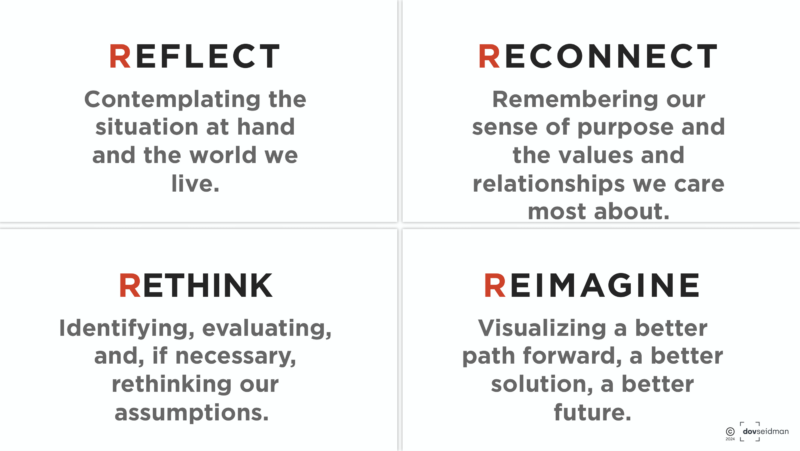
The PAUSE Framework
A framework for principled decision-making.
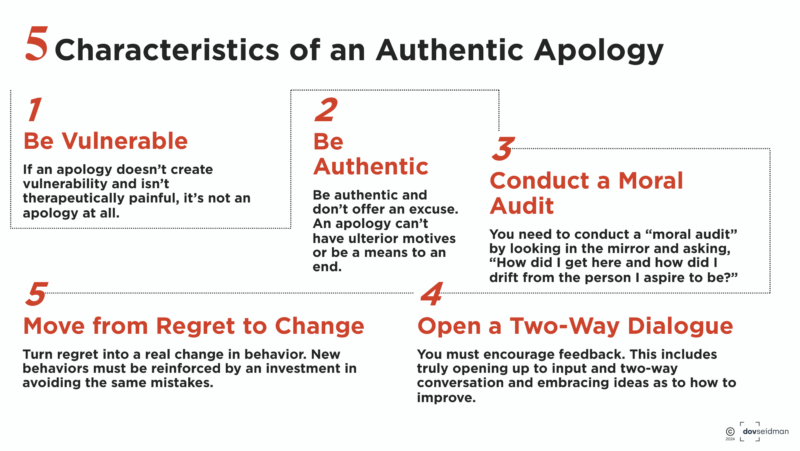
The Authentic Apology Framework
A framework outlining the five essential characteristics of authentic apologies.
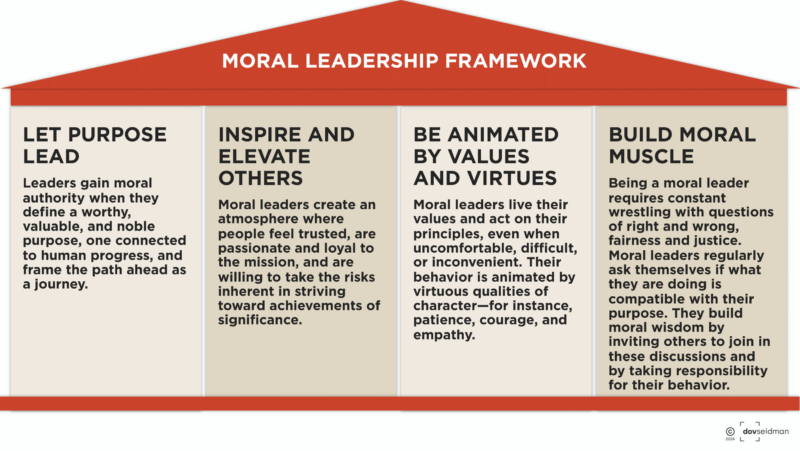
The Moral Leadership Framework
A framework of the four guideposts for building and sustaining moral authority.
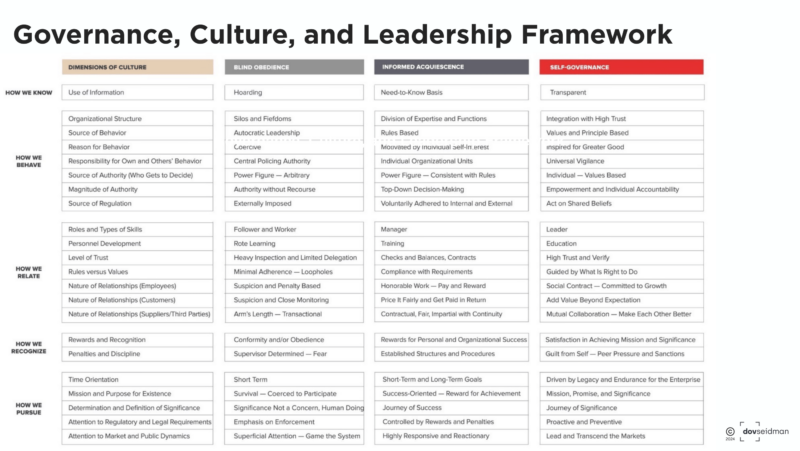
The Governance, Culture and Leadership Framework
A framework for understanding The Human Operating System.
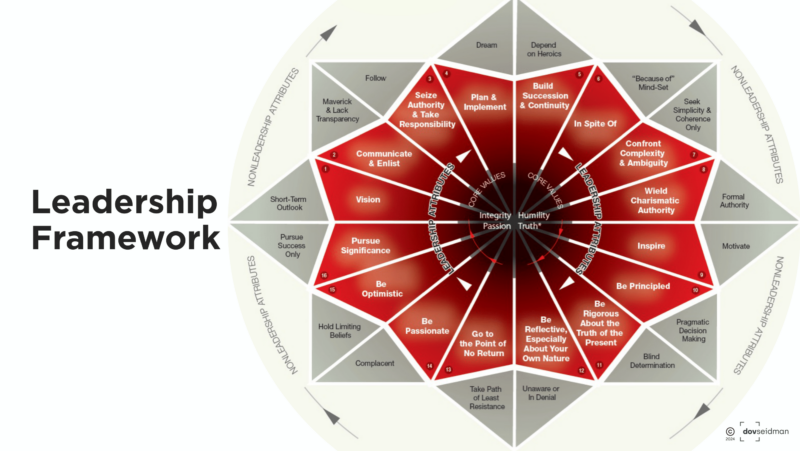
The Leadership Framework
A framework for principled decision-making.
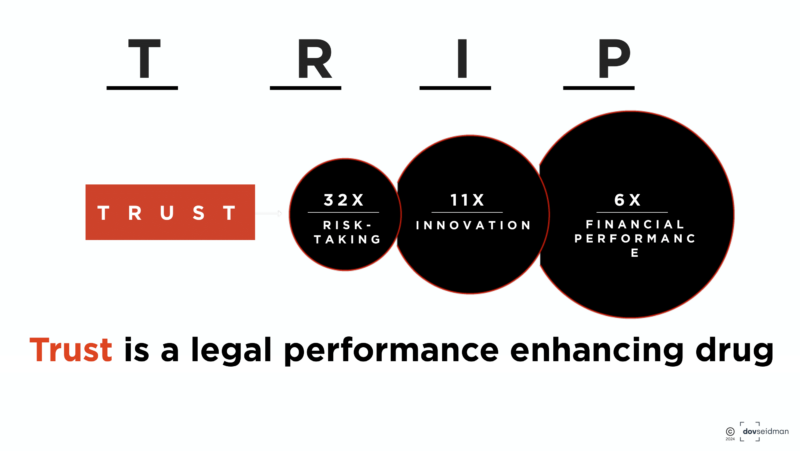
The Trust Framework
A framework explaining how Trust enables Risk, propels Innovation and leads to Progress.
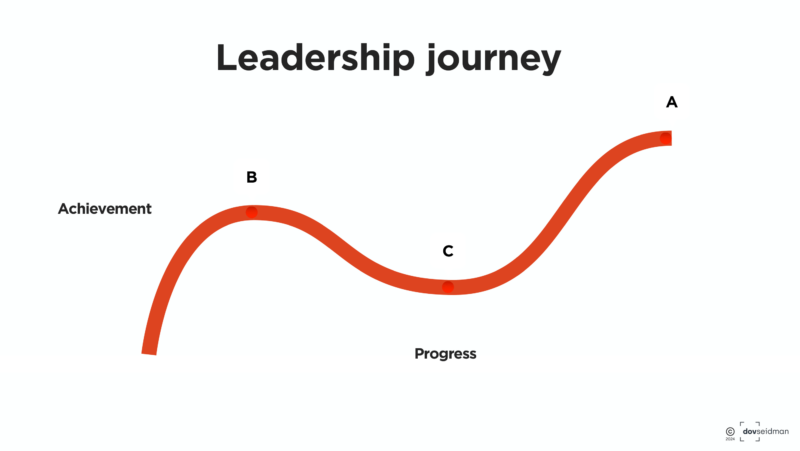
The Journey of Significance
A framework for framing the path ahead as a journey, in order to inspire others to join you.
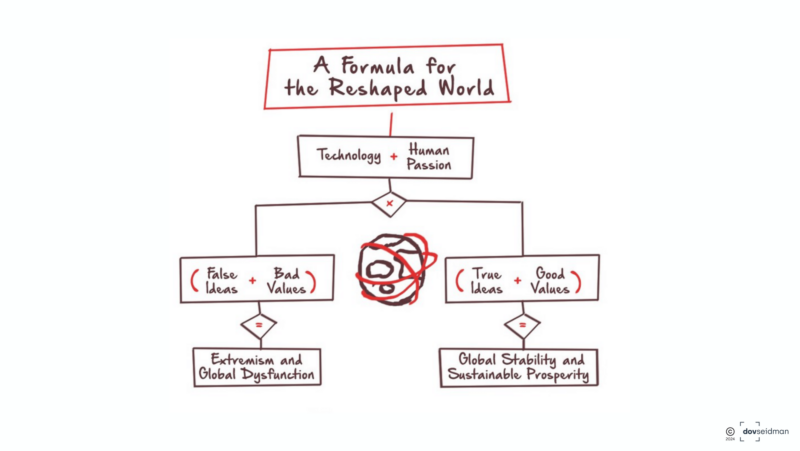
A Formula for a Reshaped World
A formula for global stability and sustainable prosperity.
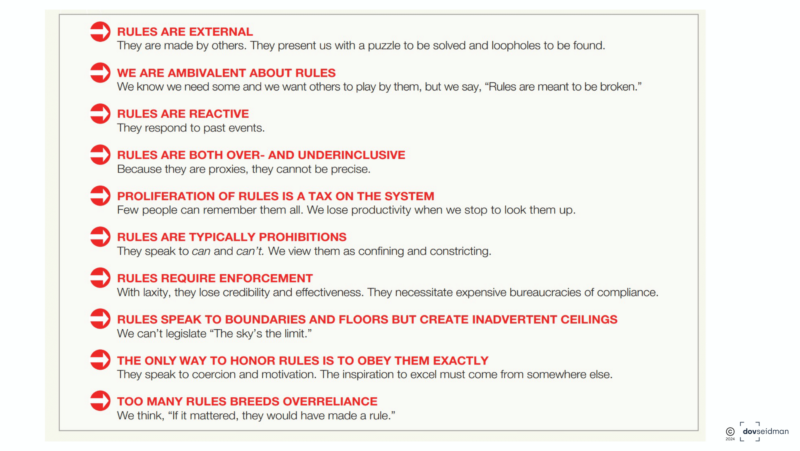
The Problem with Rules
A formula to consider the problem with rules as a guide for behavior.
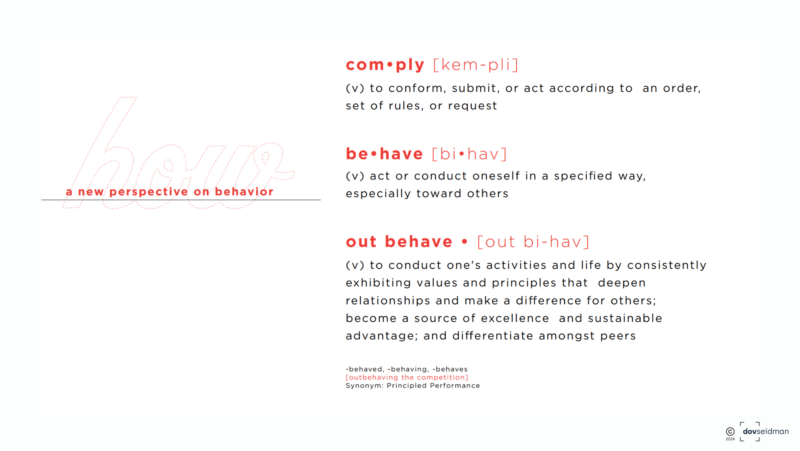
Outbehaving the Competition
A new definition for embracing behavior as a competitive advantage.
Research, Metrics and Measurements
HOW Metrics facilitate the examination and propagation of moral leadership, principled decision-making and values-based behavior. Dov’s evaluative rubrics, databases and predictive/diagnostic tools help organizations of all sizes and sectors to measure what matters mos
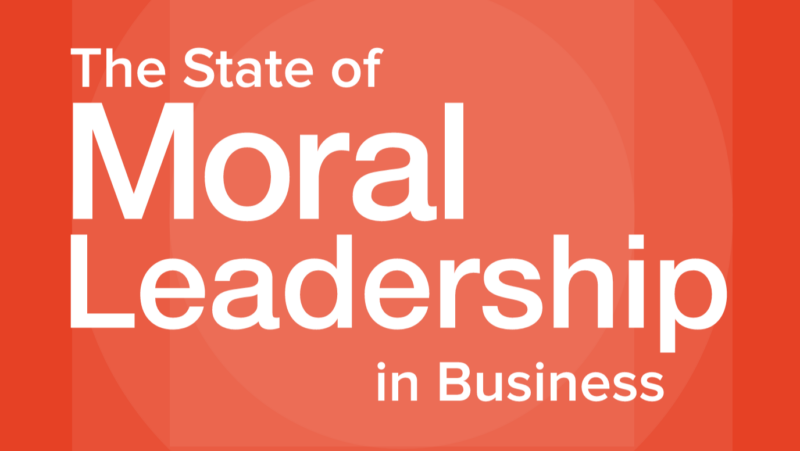

The State of Moral Leadership in Business 2024
The 2024 State of Moral Leadership in Business report represents our ongoing effort to specifically study the presence of moral leadership and how, when it is present, it inspires elevated behavior in people, shapes values-based organizational cultures, strengthens performance, and leads to deeper relationships with communities and society.
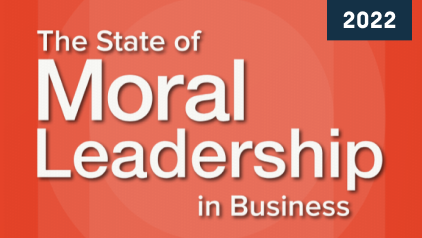

The State of Moral Leadership in Business 2022
The 2022 State of Moral Leadership in Business report represents our ongoing effort to specifically study the presence of moral leadership and how, when it is present, it inspires elevated behavior in people, shapes values-based organizational cultures, strengthens performance, and leads to deeper relationships with communities and society. This year’s report confirms our hypothesis that while some leaders have risen to the occasion of late, especially since the pandemic, there still aren’t enough moral leaders to go around.


The State of Human Connection at Work
For our second annual study, we sought to more deeply understand the current evolution of connections at work by comparing states from March 2020 to today. We found that moral leaders continue to disproportionately cultivate the cultures that encourage meaningful human connection.


The Human Connection in the Virtual Workplace
The HOW Institute undertook the research to understand how human connection in the workplace has evolved since the onset of the pandemic. The Human Connection in the Virtual Workplace report found human connection was strained for all employees but for some more than others, particularly women and younger workers. Yet, the findings also showed workers feel more meaningfully connected when their supervisors exhibited and embodied behaviors and attributes associated with moral leadership.
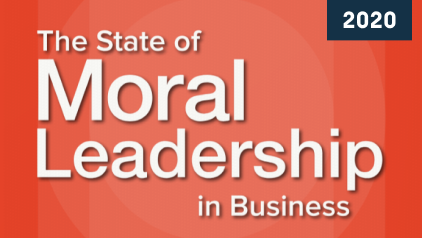

The State of Moral Leadership in Business 2020
In addition to presenting The Institute’s definition of moral leadership, this report provides a wide variety of data on how moral leadership manifests in the business world today—the presence of moral behaviors among managers and executives, the demand that employees express for leaders with moral authority, and the variety of benefits that stem from moral leadership. The report also offers valuable advice to those who aspire to become moral leaders.
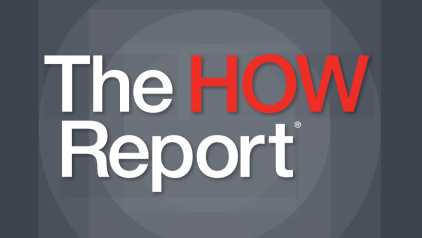

The HOW Report
Are the world views, frameworks, and tools that leaders use to chart their course sufficient to compete today and tomorrow? We believe the answer is “No.” Our conclusion is supported by the results from one of the most ambitious, long-term research projects in the fields of organizational effectiveness, behavior, and leadership. The HOW Report suggest a clear roadmap for how organizations can simultaneously build resilience and deliver growth in today’s global economy.
HOW in the World
HOW in the Military
Military forces have adapted to today’s asymmetric battlefield in countless ways both large and small. The HOW philosophy and its frameworks have been used by the U.S. Army to rethink basic training techniques and tactics. It has also provided a new and common vocabulary for military leadership and those they command. In fact, the embrace of HOW by The Fighting Falcons of the US Army’s Second Battalion, 39th Infantry Regiment, which trains 4,000 soldiers every year, led to the development of a new crest and motto. Now permanently affixed to a sign in the entrance to battalion headquarters are the words “Amatoris adjutus, advocati animatos,” which is Latin for “Amateurs motivate, professionals inspire.”
HOW in Sports
The NFL has leveraged the HOW philosophy in their work with all 32 teams to ensure locker room cultures are based on respect. Some teams have gone further in their embrace of HOW because they understand that competitive advantage has shifted to behavior and the outsized impact that culture, trust and leadership have on winning today.
HOW and The Emerging Leader
The HOW Institute for Society’s NXT-GEN Fellowship for Moral Leadership has helped hundreds of emerging managers and leaders, from organizations of all shapes and sizes, to better navigate our increasingly interdependent and morally activated world. Participants engage with the tools, language, and coaching they need to inspire and scale values-based behavior in an increasingly complex world and workplace. They examine the HOW frameworks and wrestle with case studies from history and current events, navigating the imperfect grey decisions leaders are frequently asked to make. Fellows put their learnings into action through a practicum project, which challenges them to apply moral leadership practices to a current work project.